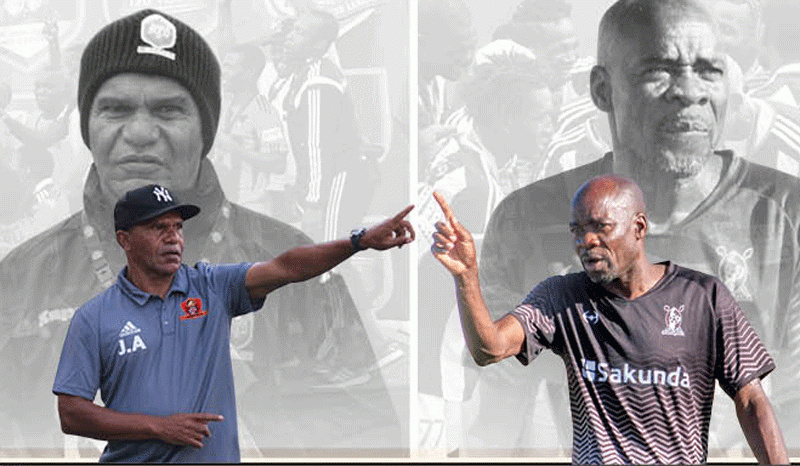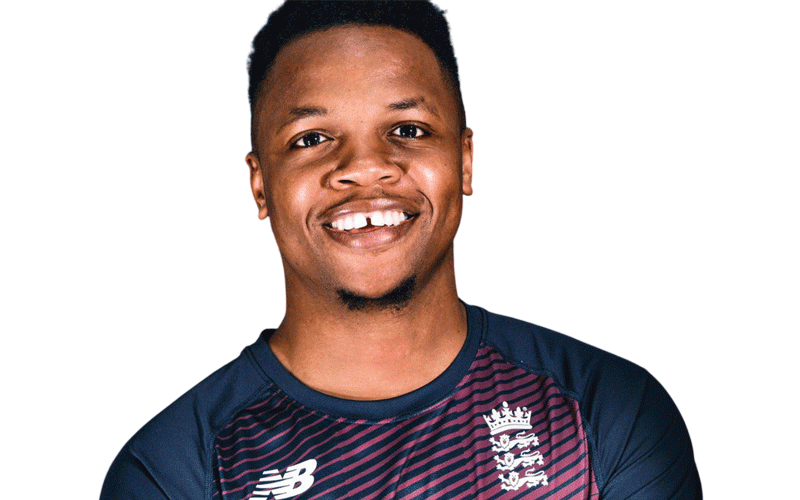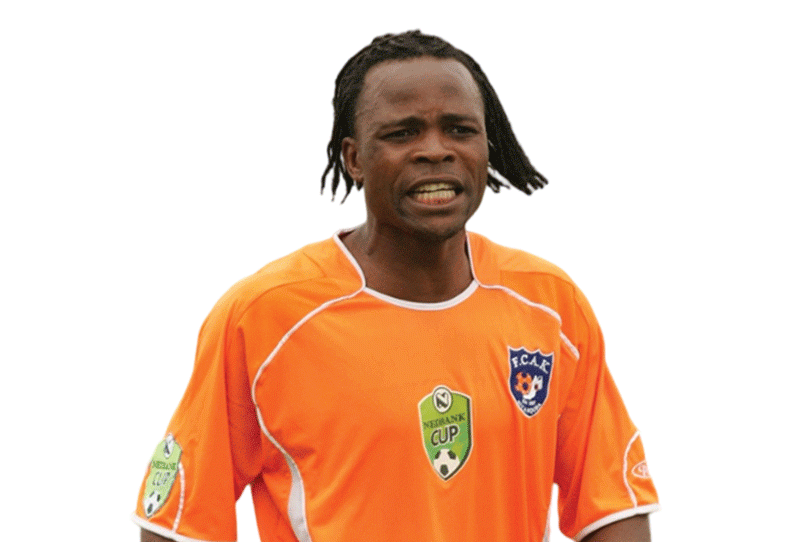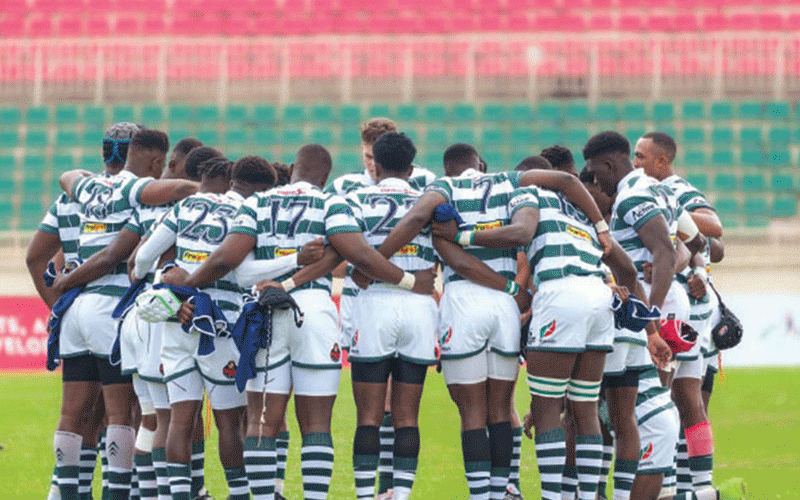
Some of the local football administrators who were fingered in the Asiagate report were listed as Perumal’s friends on the social networking site.
The scrapping of the Facebook account gives credence to reports that he commands a big network of match-fixing gangs which are still operational even though he is locked away.
The account also contained personal pictures published by the local media last year when the scandal broke out.
Perumal was arrested in Finland in February and was convicted in a Helsinki court alongside nine players from two Finnish clubs who were paid between 20 000 and 50 000 euros to fix matches. The seven Zambians and two Georgian players who were playing in the Finnish League have been given suspended sentences.
Perumal was described in court as “a member of international organised group doing betting scams” and his conviction marks a significant step in attempts to arrest the growth in corruption, which investigators believe spans the globe.
Fifa investigating match-fixing in more than 50 countries
Fifa investigators are examining allegations of match-fixing or suspicious betting activity in national and club teams in more than 50 countries as they attempt to crackdown on the spread of corruption. Chris Eaton, Fifa’s head of security, welcomed Perumal’s conviction, but said the sentence was woefully inadequate as a deterrent and highlighted the challenge of tackling corruption in sport, which crosses national boundaries.
“The two-year prison term for Wilson Perumal is token at best,” he told Telegraph Sport. “Given the damage inflicted to individuals and the image of football generally by Perumal, to me the penalty does not reflect the gravity of the crimes.
- Chamisa under fire over US$120K donation
- Mavhunga puts DeMbare into Chibuku quarterfinals
- Pension funds bet on Cabora Bassa oilfields
- Councils defy govt fire tender directive
Keep Reading
“I understand that there is no legislation in Finland that specifically covers fixing sporting results but this highlights a major problem in many countries. Tighter, more focused legislation to protect the integrity of sport needs to be a priority.”
Eaton’s department is currently working with a number of national federations and Fifa confederations around the world to assist them in dealing with suspected cases of fixing, and on developing a global prevention network.











